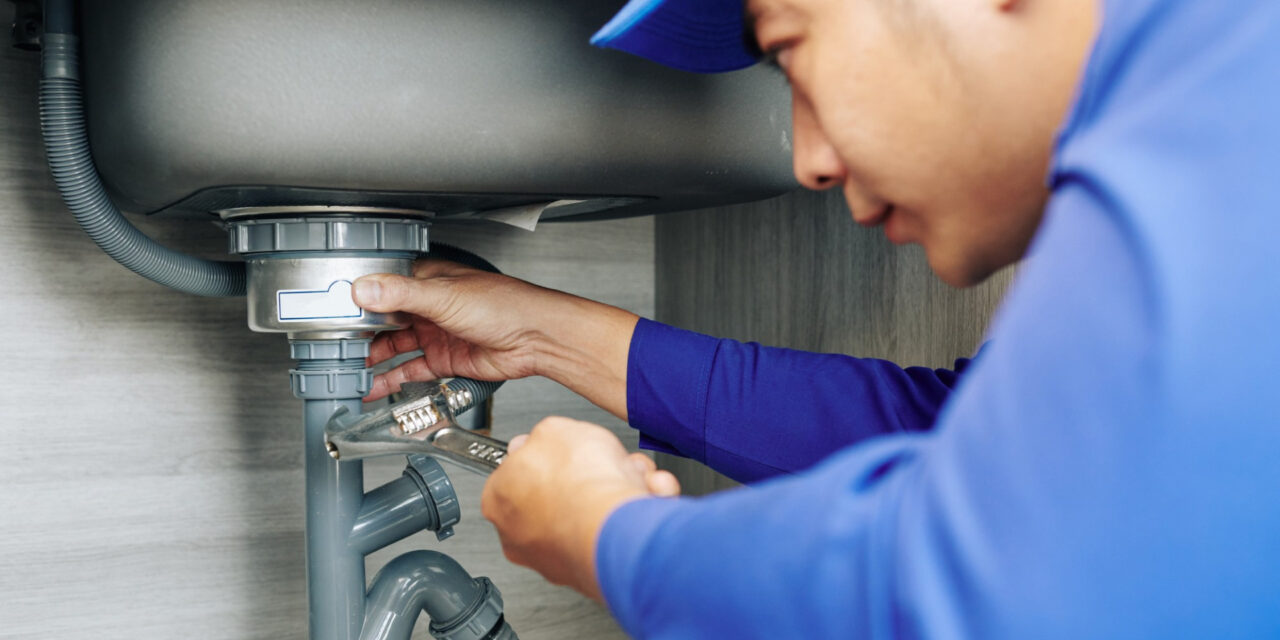Just how do you really feel in regards to Leaking water lines?

Early detection of dripping water lines can minimize a prospective catastrophe. Some small water leakages may not be visible.
1. Analyze the Water Meter
Checking it is a surefire method that helps you discover leaks. If it relocates, that indicates a fast-moving leak. This indicates you might have a slow-moving leak that can even be below ground.
2. Check Water Usage
If you identify sudden modifications, in spite of your consumption being the very same, it implies that you have leaks in your plumbing system. A sudden spike in your bill suggests a fast-moving leakage.
A constant rise every month, even with the very same routines, shows you have a slow leakage that's likewise slowly intensifying. Call a plumber to thoroughly examine your home, especially if you feel a warm location on your flooring with piping underneath.
3. Do a Food Coloring Examination
When it involves water consumption, 30% originates from bathrooms. Examination to see if they are running correctly. Decrease flecks of food color in the storage tank as well as wait 10 minutes. If the color somehow infiltrates your bowl throughout that time without flushing, there's a leakage between the container as well as bowl.
4. Asses Outside Lines
Don't fail to remember to inspect your outside water lines as well. Test faucets by attaching a yard hose. Needs to water permeate out of the connection, you have a loosened rubber gasket. Replace this and ensure all connections are limited. It will aid get it properly checked out and preserved each year if you have actually obtained a lawn sprinkler system. One little leak can waste lots of water and spike your water bill.
5. Evaluate the situation and inspect
Property owners must make it a practice to check under the sink counters as well as even inside closets for any bad odor or mold and mildew development. These 2 warnings suggest a leakage so prompt focus is called for. Doing regular inspections, also bi-annually, can conserve you from a significant trouble.
Check for stainings as well as deteriorating as a lot of devices as well as pipelines have a life expectancy. If you presume leaking water lines in your plumbing system, don't wait for it to rise.
Early detection of dripping water lines can minimize a potential catastrophe. Some little water leakages might not be visible. Examining it is a surefire way that helps you discover leakages. One tiny leak can throw away tons of water and also spike your water costs.
If you think leaking water lines in your plumbing system, don't wait for it to escalate.
Tips for Detecting Hidden Plumbing Leaks
Check for Signs of Water Damage
We recommend that you check the following places for evidence of water damage:
Near where you store your water heater
Around your sump pump
In areas where pipes are visible
Underneath cabinetry or a vanity beneath a sink
Where your outside hose bib isIf water damage is present, you may also notice mold and/or mildew or smell a foul or musky odor. You might also be able to hear the sound of water running where it shouldn’t be.
Perform a Water Meter Test
One of the easiest ways to determine whether you have a hidden leak on your property is to test your water meter. Turn off all appliances in that use water and make sure you don’t have any faucets running. Locate your water meter and record the reading on it. Continue to leave everything off for a minimum of two hours and then go back and see the meter reading. If it’s a noticeable difference, chances are you have a hidden plumbing leak.
Monitor Your Outside Usage
As the seasons change, you might use more water to keep your yard lush and green and your flowers blooming. However, it’s important to routinely ensure that your sprinkler or irrigation system is working properly and that any outside faucets are completely off. This way you’re not wasting any water.
Do the Toilet Food Coloring Test
Are you kept up at night because your toilet continues to run? If you’ve noticed your toilet randomly refills, especially when it’s not in use, it could mean you have a defective flapper tank and water will leak into the bowl. Fortunately, there’s an easy (and kind of fun!) way to test whether you’re dealing with this issue. Grab some food coloring and add a few drops into your toilet’s tank. Wait 15 minutes and then check to see whether the water in the bowl is colored. If it is, you have a leak within your toilet and the internal assembly will need to be repaired or replaced.
https://www.carterservices.com/blog/2020/february/tips-for-detecting-hidden-plumbing-leaks/

As a person who reads on Hacks to detect leaks, I assumed sharing that information was essential. Sharing is caring. Helping people is fun. I truly appreciate reading our article about Top leak detection hacks.